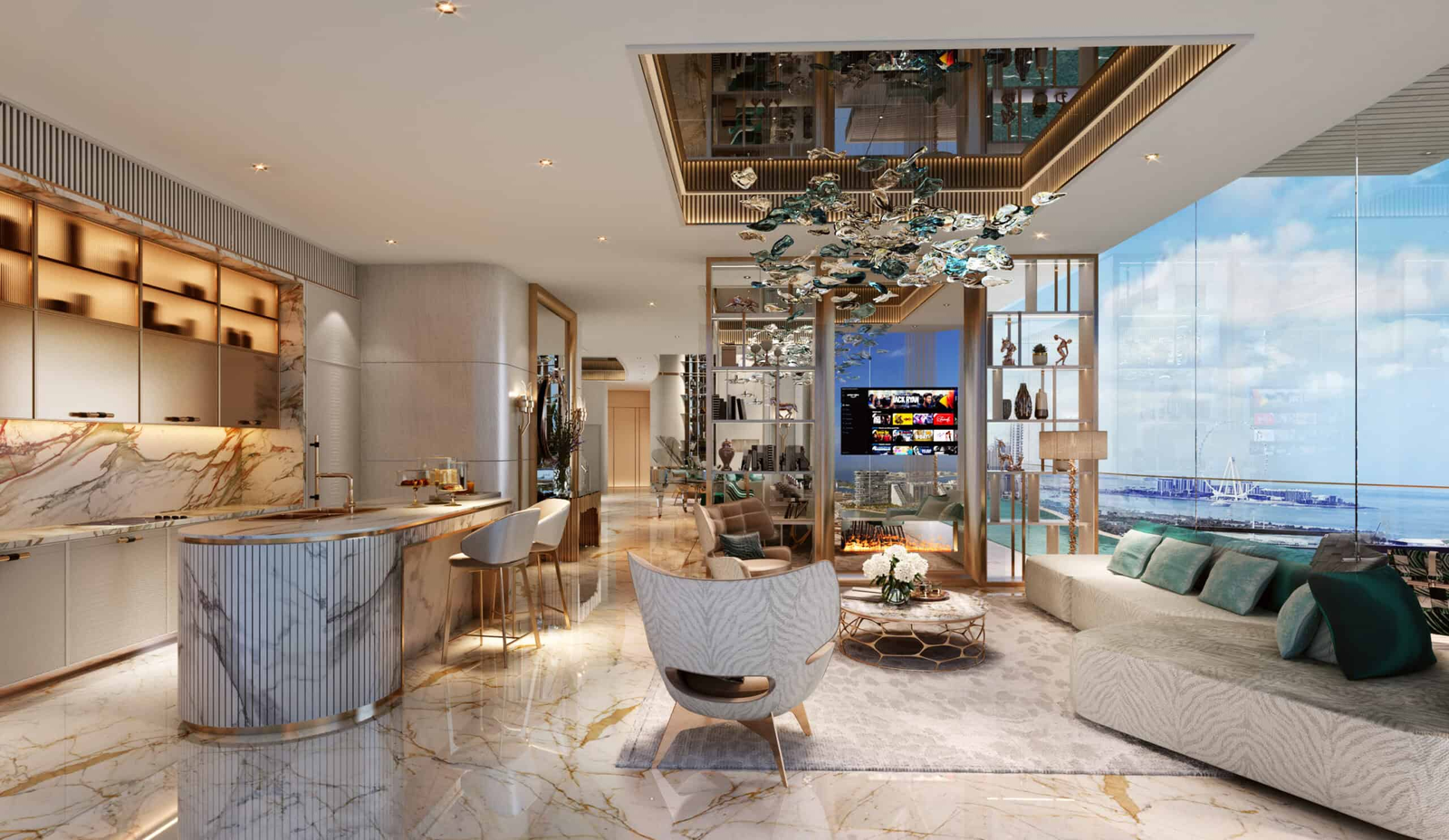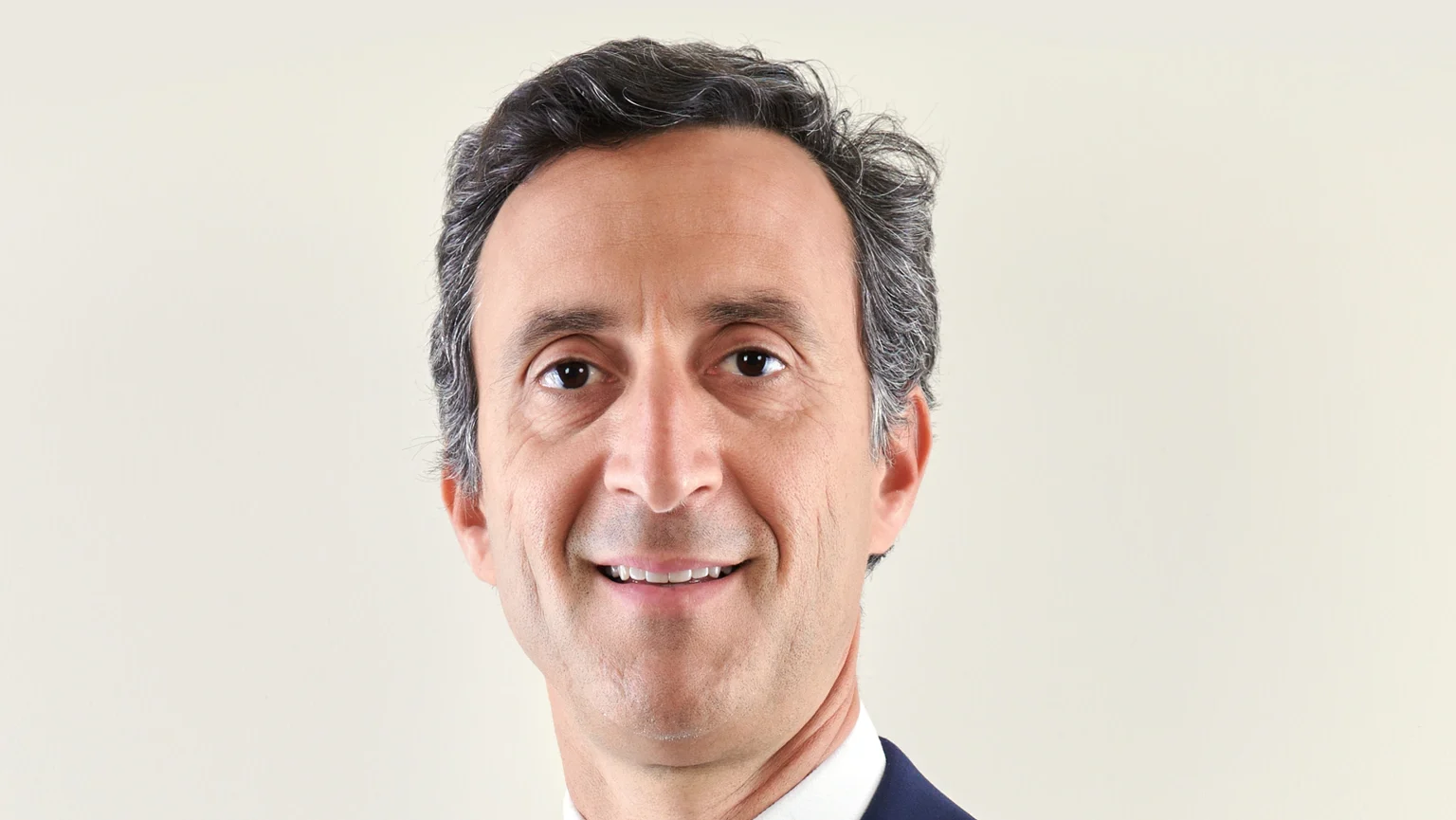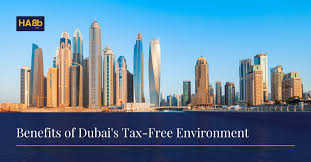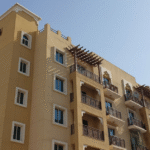Now Reading: Dubai Real Estate: How to Minimize Tax on Luxury Properties
-
01
Dubai Real Estate: How to Minimize Tax on Luxury Properties
Dubai Real Estate: How to Minimize Tax on Luxury Properties

Table of Contents
Imagine owning a breathtaking villa in Dubai, with sweeping views of a golf course or shimmering marina, earning substantial rental income and selling it for a hefty profit all while keeping nearly every dirham you make. For luxury property investors, Dubai’s real estate market is a dream destination, offering no personal income tax, capital gains tax, or annual property taxes, unlike cities like London or New York, where taxes can erode 15-40% of returns.
The UAE’s dirham, pegged to the U.S. dollar, eliminates currency risk, and residential sales and rentals are VAT-exempt, saving tens of thousands. Free zones provide zero corporate tax for up to 50 years, amplifying wealth. In 2025, with a 5% population surge, 25 million tourists, and 5-8% price appreciation, Dubai’s 6-8% rental yields for luxury properties outshine global hubs like London (2-4%) or New York (3-4%). Properties over $545,000 qualify for a 10-year Golden Visa, adding residency perks.
This article shares five strategies to minimize taxes on luxury properties in three key neighborhoods Dubai Hills Estate, Dubai Marina, and Emirates Hills helping you maximize returns in Dubai’s tax-friendly paradise.
Strategy 1: Establish a Free Zone Company for Tax-Free Income
Real Estate, Setting up a company in a free zone like Dubai Marina is a powerful way to minimize taxes on luxury properties. As a “Qualifying Free Zone Person” (QFZP) with qualifying income, UAE presence, and audited financials, you can enjoy zero corporate tax on rental income for up to 50 years, saving $5,000-$20,000 annually. For a $1 million property yielding $70,000 annually, this avoids the 9% corporate tax introduced in 2023, saving $6,300.
Setup costs, around $5,000-$10,000, are quickly offset by tax savings. This strategy ensures your rental income remains tax-free, letting you reinvest profits into more luxury properties or upgrades in a market with high yields.
Dubai Hills Estate: Luxury Tax-Free Haven
Dubai Hills Estate, a freehold free zone, is a prime choice for luxury investors. Offering 2-6 bedroom villas and apartments priced from $408,375 to $2.18 million, with 6-8% yields, projects like Emaar Collective 2.0 boast golf-course views and Dubai Hills Mall access. A $1 million villa yields $60,000-$80,000 tax-free annually, versus $42,000-$56,000 elsewhere, with no annual property tax. Sell it for $1.5 million after a 50% appreciation, and your $500,000 profit is tax-free, saving $100,000-$140,000 compared to markets with capital gains tax.
A free zone company eliminates corporate tax on up to $174,400 in rental income, saving $15,696 annually. VAT exemptions save $20,419-$108,900 on ready properties, and VAT recovery saves $50,000 on a $1 million off-plan purchase via Federal Tax Authority (FTA) registration, costing $500-$1,000. Initial costs include a 4% DLD fee ($16,335-$87,200), 2% broker fee ($8,168-$43,600), and a 10% deposit ($40,838-$217,800) with a 70/30 payment plan.
Annual maintenance fees are $5,000-$10,000, and landlords pay a 5% municipality fee ($3,000-$4,000). U.S. investors can deduct depreciation ($14,836-$79,273) and management fees ($3,000-$8,000), saving up to $29,451 on U.S. taxes. With 28.7% villa price growth, Dubai Hills Estate maximizes tax-free returns for luxury buyers.
Strategy 2: Recover VAT on Off-Plan Purchases
Off-plan luxury properties often incur a 5% VAT ($10,000-$100,000), but you can recover it by registering with the FTA, costing $500-$1,000 in fees. For a $1 million off-plan villa, this saves $50,000, aligning the tax burden with ready properties. This strategy is critical in Dubai Hills Estate, where off-plan projects are common, and ensures you preserve capital for reinvestment. Pair this with flexible 70/30 or 1% monthly payment plans to spread costs, boosting your ability to scale luxury investments in a market with 5-8% price growth.
Dubai Marina: Waterfront Tax-Free Elegance
Dubai Marina, a freehold free zone, blends glamour with tax efficiency for luxury investors. Offering 1-3 bedroom apartments and penthouses priced from $326,700 to $2 million, with 6-8% yields, projects like Marina Gate feature yacht views and retail hubs. A $1 million penthouse yields $60,000-$80,000 tax-free annually, versus $42,000-$56,000 elsewhere, with no annual property tax. Sell it for $1.5 million, and your $500,000 profit is tax-free, saving $100,000-$140,000.
A free zone company eliminates corporate tax on up to $174,400 in rental income, saving $15,696 annually. VAT exemptions save $16,335-$100,000 on ready properties, and VAT recovery saves $50,000 on a $1 million off-plan purchase. Initial costs include a 4% DLD fee ($13,068-$80,000), 2% broker fee ($6,534-$40,000), and a 10% deposit ($32,670-$200,000) with a 60/40 payment plan. Annual maintenance fees are $4,000-$8,000, and landlords pay a 5% municipality fee ($3,000-$4,000). U.S. investors can deduct depreciation ($11,873-$72,727) and management fees ($3,000-$7,000), saving up to $25,091. With 6.2% price growth and DMCC Metro access, Dubai Marina’s tax-free system maximizes luxury returns.
Strategy 3: Leverage Small Business Relief
For luxury investors with smaller portfolios, the UAE’s small business relief waives the 9% corporate tax for revenues under $816,000 until December 31, 2026. For a $1 million property yielding $70,000 annually, this saves $6,300 in corporate tax, even outside free zones. Register with the FTA and maintain proper records, costing $500-$1,000 annually, to qualify. This strategy is ideal in Emirates Hills, where rental income is substantial but manageable, allowing you to reinvest savings into additional luxury properties, enhancing returns in a market with 6-8% yields.
Emirates Hills: Exclusive Tax-Free Retreat
Emirates Hills, a freehold free zone, is Dubai’s most exclusive neighborhood for luxury investors. Offering custom-built villas priced from $2 million to $10 million, with 5-7% yields, properties feature private pools and proximity to Emirates Golf Club. A $3 million villa yields $150,000-$210,000 tax-free annually, versus $105,000-$147,000 elsewhere, with no annual property tax. Sell it for $4.5 million, and your $1.5 million profit is tax-free, saving $300,000-$420,000.
A free zone company eliminates corporate tax on up to $174,400 in rental income, saving $15,696 annually, or small business relief saves $13,500 on $150,000. VAT exemptions save $100,000-$500,000 on ready properties, and VAT recovery saves $150,000 on a $3 million off-plan purchase. Initial costs include a 4% DLD fee ($80,000-$400,000), 2% broker fee ($40,000-$200,000), and a 10% deposit ($200,000-$1 million) with a 70/30 payment plan.
Annual maintenance fees are $10,000-$20,000, and landlords pay a 5% municipality fee ($7,500-$10,500). U.S. investors can deduct depreciation ($72,727-$363,636) and management fees ($7,500-$15,000), saving up to $87,273. With 5% price growth, Emirates Hills maximizes tax-free returns for ultra-luxury buyers.
Strategy 4: Utilize Home-Country Tax Deductions
U.S. investors can reduce their tax burden by reporting Dubai rental income on Schedule E, deducting depreciation ($10,000-$100,000), maintenance ($5,000-$20,000), and mortgage interest ($12,000-$40,000 for a $300,000-$1 million loan at 4%), saving $10,000-$30,000 annually. Non-U.S. investors benefit from double taxation treaties with 130+ countries, avoiding UK capital gains tax (20-28%) or similar levies. This strategy works across all luxury neighborhoods, ensuring you keep more of your income. Consult a tax professional familiar with your home country’s laws to claim these deductions, maximizing your net returns from Dubai’s tax-free market.
Strategy 5: Claim Green Incentives for Cost Savings
Dubai’s green incentives, accessed via DEWA registration, reduce utility bills by $2,000-$10,000 annually for energy-efficient luxury properties, boosting net rental income by 5-10%. For a $1 million property, this increases your returns by lowering operating costs. This strategy shines in modern developments like Dubai Marina, where smart home tech enhances efficiency. Register with DEWA and invest in energy-efficient properties to maximize profits in a tax-free market. For Emirates Hills villas, green upgrades like solar panels can save $5,000-$15,000 annually, further enhancing returns.
Navigating Risks for Success
Risks like off-plan delays, oversupply (41,000 new units), and global economic shifts exist. Mitigate by choosing trusted developers like Emaar or Ellington, verifying escrow compliance under the 2025 Oqood system, and targeting high-demand areas like Dubai Marina or Emirates Hills. Ensure QFZP eligibility and proof of funds compliance to avoid fines up to $136,125. Golden Visa eligibility ($545,000 threshold) adds residency value, enhancing long-term returns for luxury investors.
Why Dubai in 2025?
Dubai’s tax-free system, with no income, capital gains, or property taxes, makes it a global hotspot for luxury real estate. Dubai Hills Estate and Dubai Marina offer high-end apartments with Golden Visa perks, while Emirates Hills caters to ultra-luxury buyers seeking exclusivity.
With 58% of buyers being foreign nationals, flexible payment plans, and yields up to 8%, Dubai aligns with its 2040 Urban Master Plan for sustainable growth. By using these five strategies free zone companies, VAT recovery, small business relief, home-country deductions, and green incentives you can minimize taxes and thrive in Dubai’s dynamic luxury property market.
read more: Why Dubai’s Tax System Makes It a Real Estate Hotspot



















